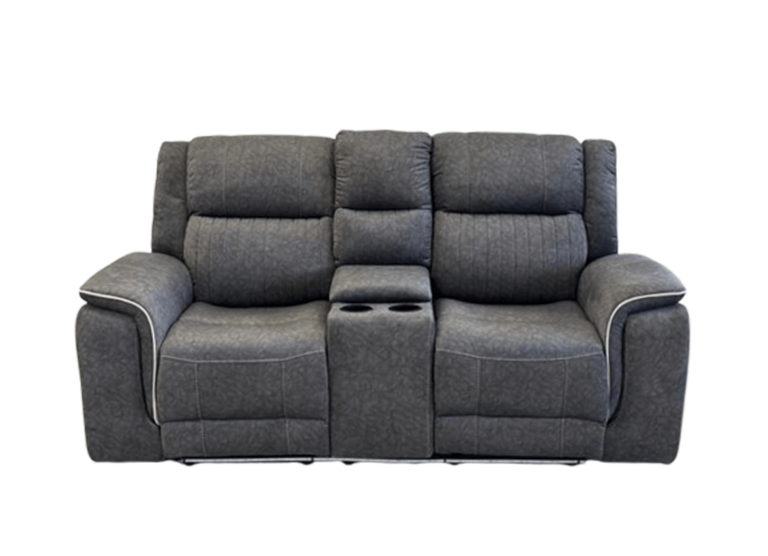Switching to solar energy is a smart and sustainable choice for both homes and businesses. At the heart of every solar power system lies a crucial component: the solar inverter. This device converts the direct current (DC) generated by solar panels into alternating current (AC), which powers your appliances. Choosing the best solar inverter can significantly impact your system’s performance, reliability, and efficiency. Here’s a comprehensive guide to help you make an informed decision.
Understand the Types of Solar Inverters
Solar inverters come in several types, each suited to different applications:
- String Inverters: Ideal for residential and small commercial setups, string inverters connect multiple solar panels in series.
- Microinverters: Installed on each solar panel, microinverters provide optimal performance by addressing panel-level issues such as shading.
- Hybrid Inverters: These inverters integrate with battery storage systems, allowing you to store excess energy for later use.
- Central Inverters: Designed for large-scale solar installations, central inverters handle high power capacities efficiently.
Evaluate Your Energy Needs
Before selecting a solar inverter, assess your energy consumption patterns. Consider factors like:
- Daily and seasonal energy usage.
- Peak power requirements.
- Potential future energy needs (e.g., adding more solar panels or integrating a battery).
3. Check Compatibility with Solar Panels
Ensure the inverter you choose is compatible with your solar panels. Important factors to consider include:
- Voltage range and power output.
- Number of panels and their arrangement (series or parallel).
- Manufacturer recommendations.
4. Focus on Efficiency
Inverter efficiency directly affects the amount of usable electricity generated by your solar system. Look for models with:
- High conversion efficiency (above 95%).
- Low standby power consumption.
- Certification from recognized standards bodies.
5. Consider Durability and Warranty
Solar inverters are long-term investments. Opt for products with robust durability and comprehensive warranties:
- Weather-resistant designs for outdoor installations.
- Warranties ranging from 5 to 15 years, depending on the manufacturer.
6. Assess Smart Features
Modern solar inverters often come equipped with advanced features for improved functionality:
- Monitoring Systems: Track performance and energy production via mobile apps or web portals.
- Grid Connectivity: Ensure compatibility with your local utility grid.
- Battery Integration: Support for future energy storage installations.
7. Compare Brands and Reviews
Research trusted brands and read customer reviews to gauge reliability and performance. Popular inverter manufacturers include:
- SMA Solar Technology
- Fronius
- Enphase Energy
- Huawei
- Solaredge Technologies
8. Consult a Professional
While doing your research is essential, consulting with a certified solar installer or energy expert ensures you choose the best inverter for your specific needs. Professionals can provide tailored recommendations and assist with installation.
Final Thoughts
Choosing the best solar inverter is a vital step in optimizing your solar power system. By understanding the types of inverters, evaluating your energy needs, and prioritizing efficiency and durability, you can make a decision that maximizes your investment in solar energy. A well-chosen inverter not only enhances performance but also ensures the longevity of your solar system, providing you with clean and reliable energy for years to come.










